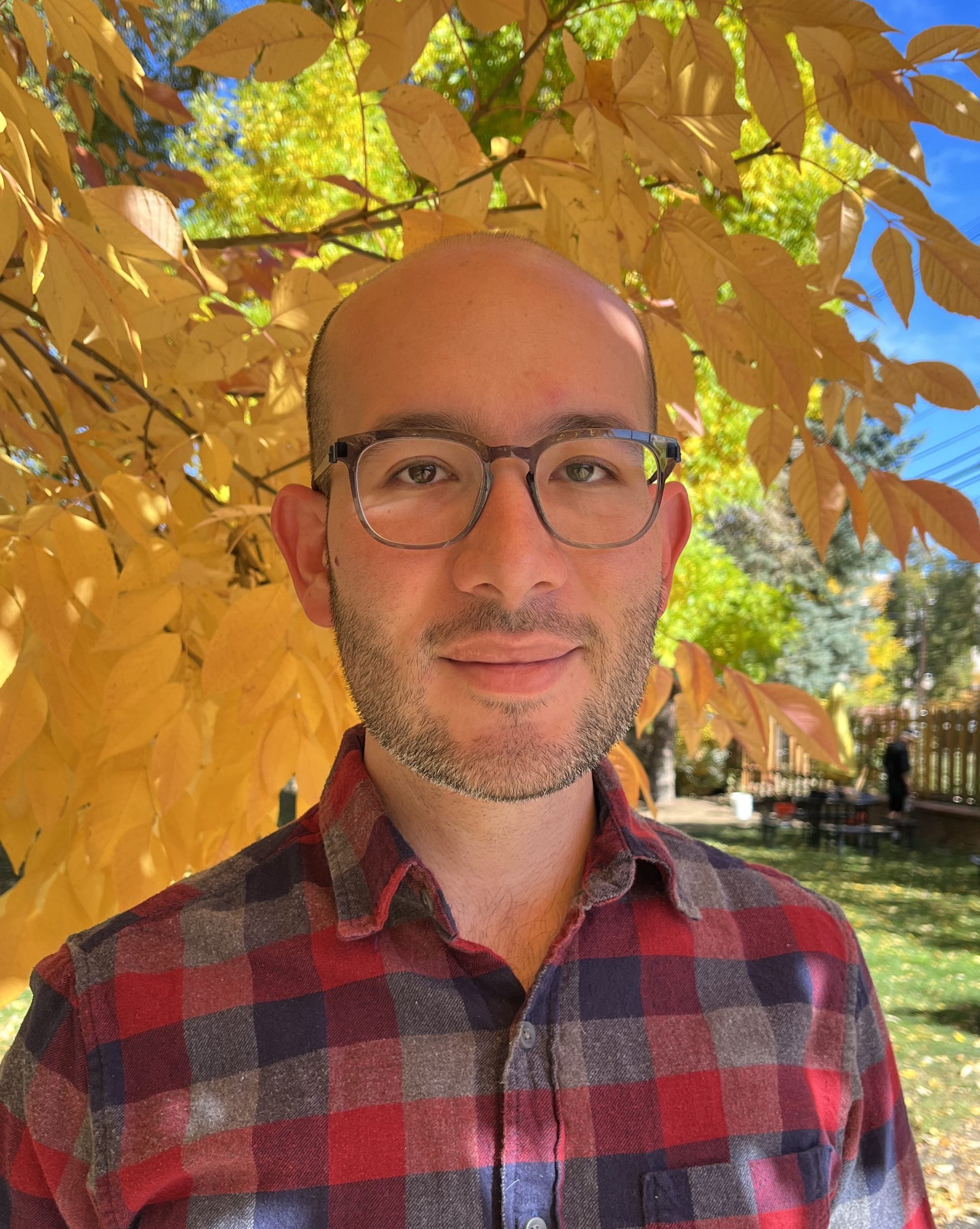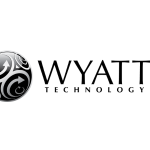Abstract:
Spectroscopy has the potential to reveal the structure and dynamics of complex materials, ranging from chromophores in solution to molecular aggregates and nanomaterial heterostructures. Yet, disentangling spectral signals and extracting an intuitive picture of how excitations form, move, and exchange energy is one of the deepest and most persistent challenges of physical chemistry. In this talk, I will offer two vignettes on our work developing and applying aproaches to predict and understand spectral features in molecular and nanomaterial systems. In the molecular world, I will show how our recent advances in condensed phase spectroscopy enable us to decipher a long-standing puzzle in porphyrin photophysics: why and how do the Q bands involved in energy transfer in photosynthesis and artificial energy conversion split? In the nanomaterial world, I will highlight how, in collaboration with the Krummel and Sambur groups, we have been able to demonstrate how the unusual photophysics of atomically thin 2D materials enables hot carrier extraction for photocatalysis. Then, I will illustrate how addressing the challenge of hot carrier extraction enabled us to develop a simple scheme to disentangle the signals of exotic quasiparticles that explain the tunability of the optical behavior of these materials as a function of potential, laser fluence, and time.
About the Speaker:
Prof. Montoya-Castillo obtained his BA in chemistry and literature with a minor in physics. He obtained his PhD in Chemical Physics from Columbia University, working with Prof. David Reichman, and then did his postdoc at Stanford University in the group of Prof. Thomas Marland. He started his independent career at the University of Colorado Boulder in 2021.
Andres’s research centers on developing and applying methods to capture the dynamics of charge and energy transfer in complex condensed phase environments and conformational changes underlying protein folding in biophysical systems. He and his group have made contributions in fields ranging from biophysics to energy conversion and even quantum information. Andres is one of this year’s recipients of the DOE Early Career award.



